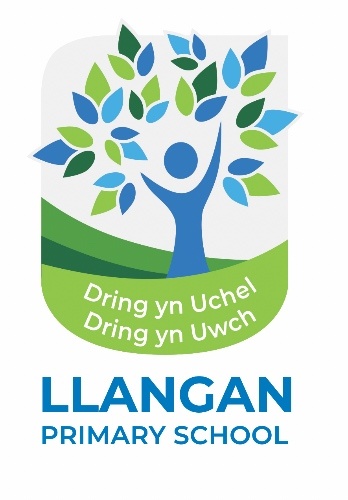Senedd Llangan- Our School Parliament
What Is Senedd Llangan?
At Llangan, we believe in empowering our students to become active citizens who contribute to all aspects of school life, the community, and the wider world. Our Senedd provides them with the opportunity to make a difference and participate in the democratic process. Each student in Years 2 to 6 is a member of one of our five Senedd Committees, including the School Council, Eco Owls, Digital Leaders, Health and Well-being Committee, and Y Criw Cymraeg.
UNCRC Article 3: Best interests of the child- When adults make decisions, they should think about how their decisions will affect children. All adults should do what is best for children.
UNCRC Article 4- Making Rights Real-Governments must do all they can to make sure that every child in their countries can enjoy all the rights in this Convention.
UNCRC Article 15- Setting up or joining groups- Children can join or set up groups or organisations, and they can meet with others, as long as this does not harm other people.
Senedd Meetings
The Senedd meets once every half-term to discuss ways to make a difference in school, the community and the wider world and then put these plans into action. The Committee Ministers share the work that the committees have been working on with the wider school and their plans for the future. The committees meet weekly and each group has a staff member to help facilitate, but groups are largely run by children.

Senedd Ministers
At the beginning of the year, each group elects a Minister. The Minister is responsible for running the meetings following an agreed agenda. All meetings follow an agreed agenda linked to each group's action plan and minutes are taken at every meeting. The children also elected a First Minister to preside over the committee meetings and represent the school where necessary.

Senedd Aims
- To engage with the School Improvement.
- Work towards a national award scheme.
- To research aspects of the school within the classrooms through observations, listening to learners and learning walks
- To feedback on pupil voice groups within our school
- To ensure our voice will help influence whole school discussions and developments
- To provide a link between pupils, teachers, leadership team, governors and the whole school community.
- To develop learners to be confident individuals who are ethically informed and active citizens.

Pupils who participate in decision-making enjoy enhanced self-esteem and motivation, gain important personal, social and organisational skills, and become familiar with group and democratic processes. At the organisational level, pupil involvement in decision-making leads to better relationships, more relevant and effective policies, and better learning. In the best scenarios, pupils and adults work together as partners to ensure that their school provides the best possible learning environment for all. Pupils have an important part to play in helping their school to improve in every aspect of school life.
(Pupil Voice Wales, 2010)
